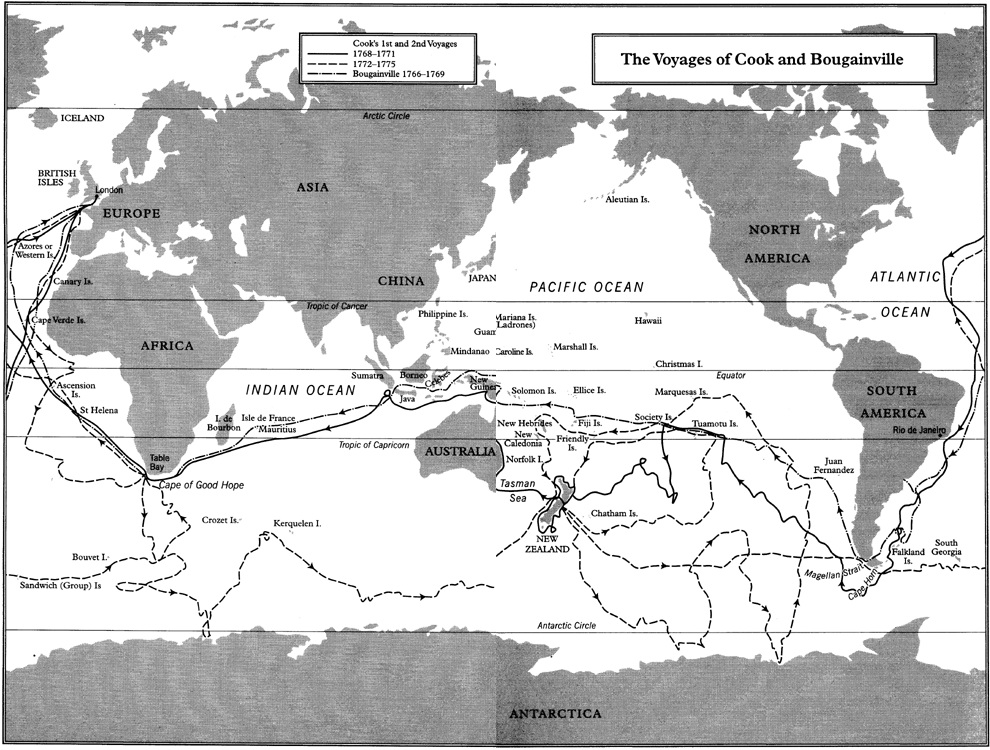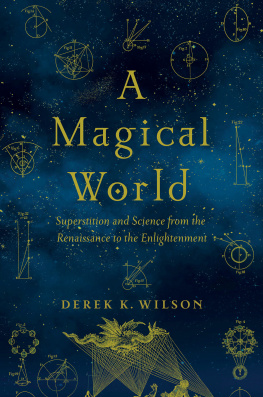Derek Wilson - A brief history of the circumnavigators
Here you can read online Derek Wilson - A brief history of the circumnavigators full text of the book (entire story) in english for free. Download pdf and epub, get meaning, cover and reviews about this ebook. City: London, year: 2003, publisher: Robinson, genre: Adventure. Description of the work, (preface) as well as reviews are available. Best literature library LitArk.com created for fans of good reading and offers a wide selection of genres:
Romance novel
Science fiction
Adventure
Detective
Science
History
Home and family
Prose
Art
Politics
Computer
Non-fiction
Religion
Business
Children
Humor
Choose a favorite category and find really read worthwhile books. Enjoy immersion in the world of imagination, feel the emotions of the characters or learn something new for yourself, make an fascinating discovery.

- Book:A brief history of the circumnavigators
- Author:
- Publisher:Robinson
- Genre:
- Year:2003
- City:London
- Rating:4 / 5
- Favourites:Add to favourites
- Your mark:
- 80
- 1
- 2
- 3
- 4
- 5
A brief history of the circumnavigators: summary, description and annotation
We offer to read an annotation, description, summary or preface (depends on what the author of the book "A brief history of the circumnavigators" wrote himself). If you haven't found the necessary information about the book — write in the comments, we will try to find it.
A brief history of the circumnavigators — read online for free the complete book (whole text) full work
Below is the text of the book, divided by pages. System saving the place of the last page read, allows you to conveniently read the book "A brief history of the circumnavigators" online for free, without having to search again every time where you left off. Put a bookmark, and you can go to the page where you finished reading at any time.
Font size:
Interval:
Bookmark:
East Africa Through a Thousand Years
A Tudor Tapestry
Sail and Steam
The People and the Book
A History of South and Central Africa
White Gold The Story of African Ivory
The World Encompassed Drakes Voyage 157780
England in the Age of Thomas More
Africa, A Modern History
The Tower 10781978
Sweet Robin Robert Dudley, Earl of Leicester 153388
Rothschild A Story of Wealth & Power
Hans Holbein Portrait of an Unknown Man
The Astors Landscape with Millionaires
Dark and Light The Story of the Guinness Family
The King and the Gentleman Charles Stuart and Oliver Cromwell 15991649
In the Lions Court Power, Ambition and Sudden Death in the Reign of Henry VIII
All the Kings Women Love, Sex and Politics in the Life of Charles II
A Brief History of The Boxer Rebellion
Diana Preston
Jasper Ridley
A BRIEF HISTORY OF
Derek Wilson
ROBINSON
Constable & Robinson Ltd
5556 Russell Square
London WC1B 4HP
www.constablerobinson.com
Copyright Derek Wilson 1989, 2003
The right of Derek Wilson to be identified as the author of this work has been asserted by him in accordance with the Copyright, Designs and Patents Act, 1988
All rights reserved. This book is sold subject to the condition that it shall not, by way of trade or otherwise, be lent, re-sold, hired out or otherwise circulated in any form of binding or cover other than that in which it is published and without a similar condition including this condition being imposed on the subsequent purchaser.
Printed and bound in the EU
10 9 8 7 6 5 4 3 2 1
Cover design: Simon Levy
Illustrations
Maps

The mythical tale is told of a medieval Englishman who decided to see the world and, despite the warnings of family and friends, set off westward. After many years of crossing broad seas and encountering strange peoples he landed upon a shore where the natives spoke the English language. Continuing through this country he reached a locality where even his own dialect was used. Then he came upon a village which looked exactly like his own and where the people all knew him. Believing himself bewitched, he fled in terror, retracing his steps and not stopping until he came safe home.
When Sebastian dElcano led his little band of seventeen seamen each more emaciated than any old worn-out hack horse through the streets of Seville on 8 September 1522, the wide-eyed citizens who gazed upon the first circumnavigators were people who could not grasp the concept that the earth was a sphere, and that therefore it was theoretically possible to travel around it. Ptolomaic geography was espoused by only a small coterie of radical scholars. It was the expedition begun by Magellan and completed by Elcano that turned their theories into facts. But it also demonstrated that the worlds wild oceans and savage lands held a thousand horrors and dangers for sixteenth century mariners and their puny ships. Throughout the rest of the century captains prepared to follow in Elcanos wake were few and far between.
Such were the first, hesitant voyages which began the era of circumnavigation, an era that lasted almost four hundred years and only came to an end in the last years of the nineteenth century. It was a magnificent era, one of the most exciting and formative in the long saga of the human species. During those epic years man fully possessed himself of his own planet. Whether inspired by hope of financial gain, national rivalry, scientific curiosity or the spirit of adventure, generations of travellers set out to put a girdle round about the earth. Some perished in the attempt. Some helped to build up an accurate map of earths remoter regions. Some emerged from and returned to a homely obscurity. Fortunately, some left a record of their experiences and impressions.
Francis Bacon, usually a wise commentator on the human scene, was mistaken when he wrote, in his essay Of Travel:
It is a strange thing, that in sea voyages, where there is nothing to be seen but sky and sea, men should make diaries; but in land travel, wherein so much is to be observed, for the most part they omit it.
There are several reasons why mariners before and since the sixteenth century wrote accounts of their voyages. There was the need to produce rutters for fellow sailors and to keep logs which might be demanded by owners and financial backers. There were the long days to be filled when a vessel languished becalmed or scudded before the obliging trade winds. And there were strange and terrible experiences to be recorded which would thrill or chill the blood of friends at home. So far from there being nothing to be seen but sky and sea, the oceans presented a vivid kaleidoscope of changing moods, and their depths teemed with creatures, curious, beautiful and terrifying. For these and other reasons many of the men who went down to the sea in ships left behind an extensive literature of published works, manuscript journals, letters and log books. It is on such material that this history is largely based.
Captains, ordinary seamen, pirates, merchants, yachtsmen and yachtswomen, these are the principal characters of the long drama of circumnavigation. Their stories are fascinating not only as travellers tales which tell us of battles with the sea and encounters with strange peoples. Their narratives reveal much more about the voyagers themselves how they prepared, how they raised the money, how they handled subordinates, how they stood up to crises, how they coped with loneliness. It is always instructive to learn the various ways in which the human spirit reacts when pressed to the limits, for it is a spirit that we all share.
Some readers may question my assertion that the age of circumnavigation has passed. After all, more men and women now travel round the world than ever before: rucksacked youngsters determined to explore their planet before settling to the routine of earning a living; businessmen constantly shuttling between international airports; retired people going to the exciting expense of a world cruise. But this very fact proves my point: circling the globe is no longer the adventure it once was. Just as the Dark Continent has lost its mysterious terrors and can be traversed by a well-maintained Land Rover; just as the South Pole which cost the lives of Scott and his companions is now manned by huts full of men and computerised gadgetry; so distant, romantic locations can today be reached so quickly that the traveller must rest on arrival to recover from jet lag. Human progress has made the world a smaller and safer place. Perhaps it has made it a duller place, too.
Next pageFont size:
Interval:
Bookmark:
Similar books «A brief history of the circumnavigators»
Look at similar books to A brief history of the circumnavigators. We have selected literature similar in name and meaning in the hope of providing readers with more options to find new, interesting, not yet read works.
Discussion, reviews of the book A brief history of the circumnavigators and just readers' own opinions. Leave your comments, write what you think about the work, its meaning or the main characters. Specify what exactly you liked and what you didn't like, and why you think so.












